1995 Nissan Atlas Fire Truck
Inquire

The details
For sale is a rare and unique 1995 Nissan Atlas Fire Truck, imported from Japan and now available in the United States. This compact and maneuverable fire truck was previously used by the Japanese Fire Department and has been maintained to the highest standards, ensuring its reliability and durability.
The truck is equipped with a powerful 3.5-liter diesel engine, providing good fuel economy and performance. The Atlas Fire Truck has a payload capacity of 1.5 tons, allowing it to carry a range of firefighting equipment, such as hoses, pumps, and ladders.
Owning this Nissan Atlas Fire Truck would be a great addition to any car collection, providing a unique and rare vehicle with a rich history and practical applications. The Atlas Fire Truck’s compact size and versatility make it suitable for a range of uses, from private events to public displays, and it’s sure to turn heads wherever it goes.
This Nissan Atlas Fire Truck is in excellent condition, with all records of maintenance and servicing available. While it has some minor cosmetic blemishes, the truck has been well-maintained and is fully functional, making it a reliable and practical vehicle for a range of uses.
The vehicle has been recognized for its quality and unique design, having won an award at the Hilton Head Concours d’Elegance. This award is a testament to the Atlas Fire Truck’s quality and unique character, which makes it a great addition to any car collection.
Moreover, this Nissan Atlas Fire Truck has undergone extensive testing and has proven its reliability and durability, having been driven for 5 hours non-stop without any issues.
Overall, this Nissan Atlas Fire Truck represents an excellent opportunity to acquire a well-maintained and versatile vehicle with a rich history and practical applications. Don’t miss out on the chance to own this rare and unique piece of firefighting history.
History –
The Nissan Atlas is a light-duty commercial truck produced by Nissan Motor Company since 1981. The Atlas was initially designed as a cab-over-engine truck, also known as a “forward control” vehicle, meaning the driver sits above the front wheels. The Atlas was primarily used for urban deliveries, construction, and transportation of small cargo.
The Atlas was first introduced in Japan in 1981 as a replacement for the Nissan Caball, which had been in production since 1968. The first-generation Atlas had a payload capacity of 1.25 tons and was powered by a gasoline engine. In 1984, Nissan introduced the diesel-powered version of the Atlas, equipped with a 3.3-liter diesel engine.
The second-generation Atlas, introduced in 1991, featured a more aerodynamic design and improved fuel efficiency. The payload capacity was increased to 1.5 tons, and the diesel engine was updated to a 3.5-liter unit.
The Atlas has been exported to many countries around the world, including Australia, New Zealand, Thailand, Indonesia, and the Philippines. In some countries, the Atlas is marketed under different names, such as the Nissan Condor or the UD Truck.
The Atlas has been a popular choice for businesses that require a reliable and efficient delivery vehicle. Its diesel engine provides excellent fuel economy and reliability, which are crucial for commercial use. The Atlas has also been used by the Japanese Self-Defense Forces as a troop transport vehicle.
The Atlas provides an ideal platform for firefighting due to its compact size, maneuverability, and versatility. The Atlas Fire Truck can access narrow streets and alleyways, making it easier to navigate through urban areas during emergencies. Additionally, the diesel engine of the Atlas provides good fuel economy, which is important for prolonged use during firefighting operations. The truck’s payload capacity and high load capacity also allow it to carry firefighting equipment such as hoses, pumps, and ladders, making it an essential vehicle for the Japanese fire brigade. Overall, the Nissan Atlas Fire Truck is a reliable and efficient vehicle that plays a vital role in ensuring the safety and security of urban areas in Japan.
The Japanese Fire Department is known for maintaining its vehicles to a high standard, including its fleet of Nissan Atlas Fire Trucks. The fire department has established a rigorous maintenance schedule, which includes regular inspections and servicing of the vehicles. The department follows a preventative maintenance strategy that aims to detect and address issues before they become major problems, ensuring that the vehicles remain in optimal working condition.
The fire department also conducts thorough training programs for its personnel to ensure that they are familiar with the equipment and maintenance procedures. In addition, the department adheres to strict safety guidelines and regulations, which includes regular safety inspections of the vehicles.
Moreover, the Japanese Fire Department often uses modern technologies and tools to monitor the health of their vehicles, such as remote monitoring systems that can detect issues in real-time, allowing for prompt repairs.
Overall, the Japanese Fire Department takes pride in maintaining its vehicles to the highest standards, recognizing the critical role that these vehicles play in ensuring public safety. The well-maintained Nissan Atlas Fire Trucks used by the Japanese Fire Department are a testament to their commitment to safety and quality, and their efforts serve as an example to fire departments around the world.
The 2nd generation Nissan Atlas, introduced in 1991, was powered by a 3.5-liter diesel engine, producing a maximum power output of 94 horsepower at 3,800 rpm and a peak torque of 19.5 kgm at 2,200 rpm. The engine had a 4-cylinder inline configuration with an overhead camshaft, 8 valves. The Atlas had a 5-speed manual transmission, with an optional 4-speed automatic transmission available.
Full Gallery
Exterior
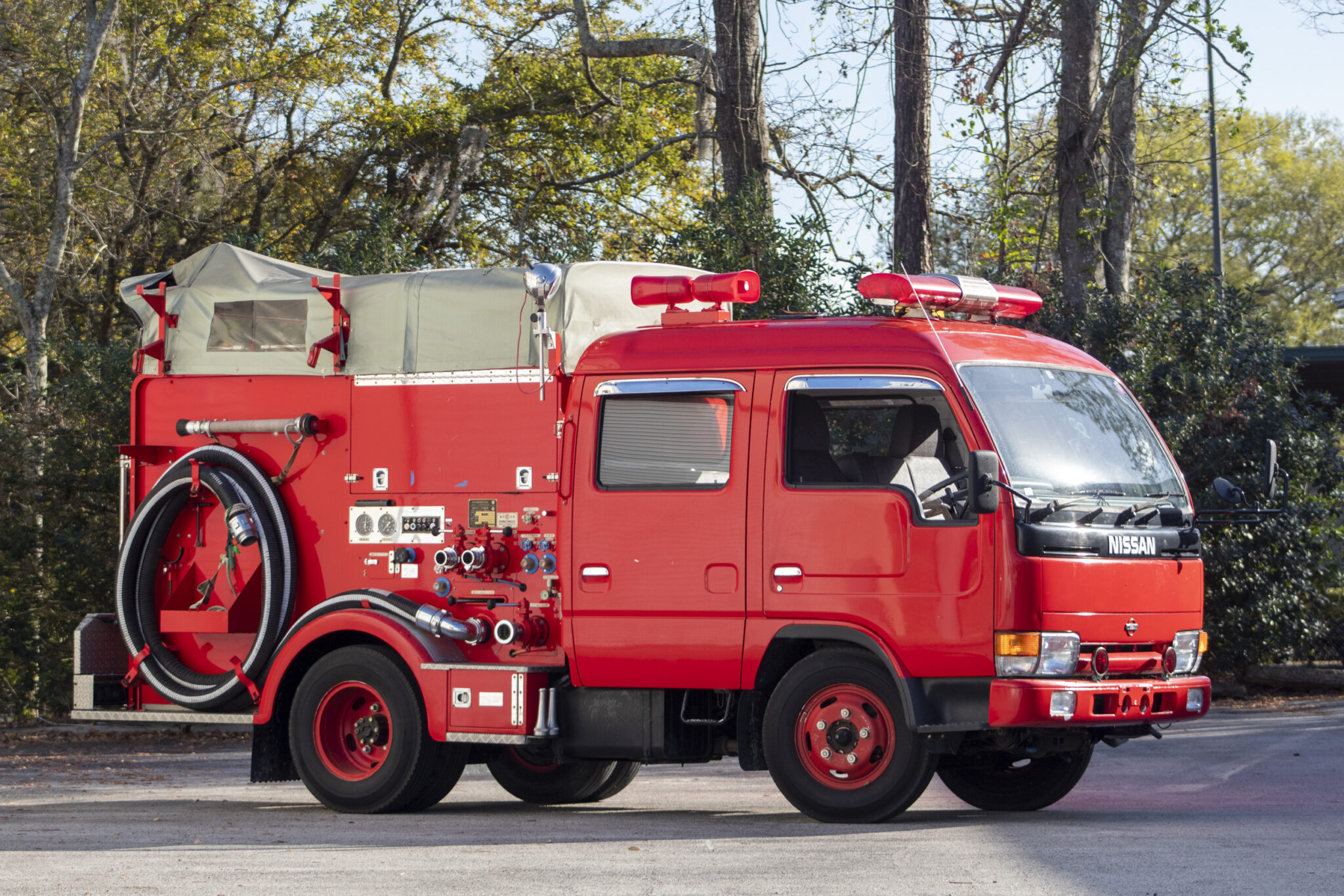
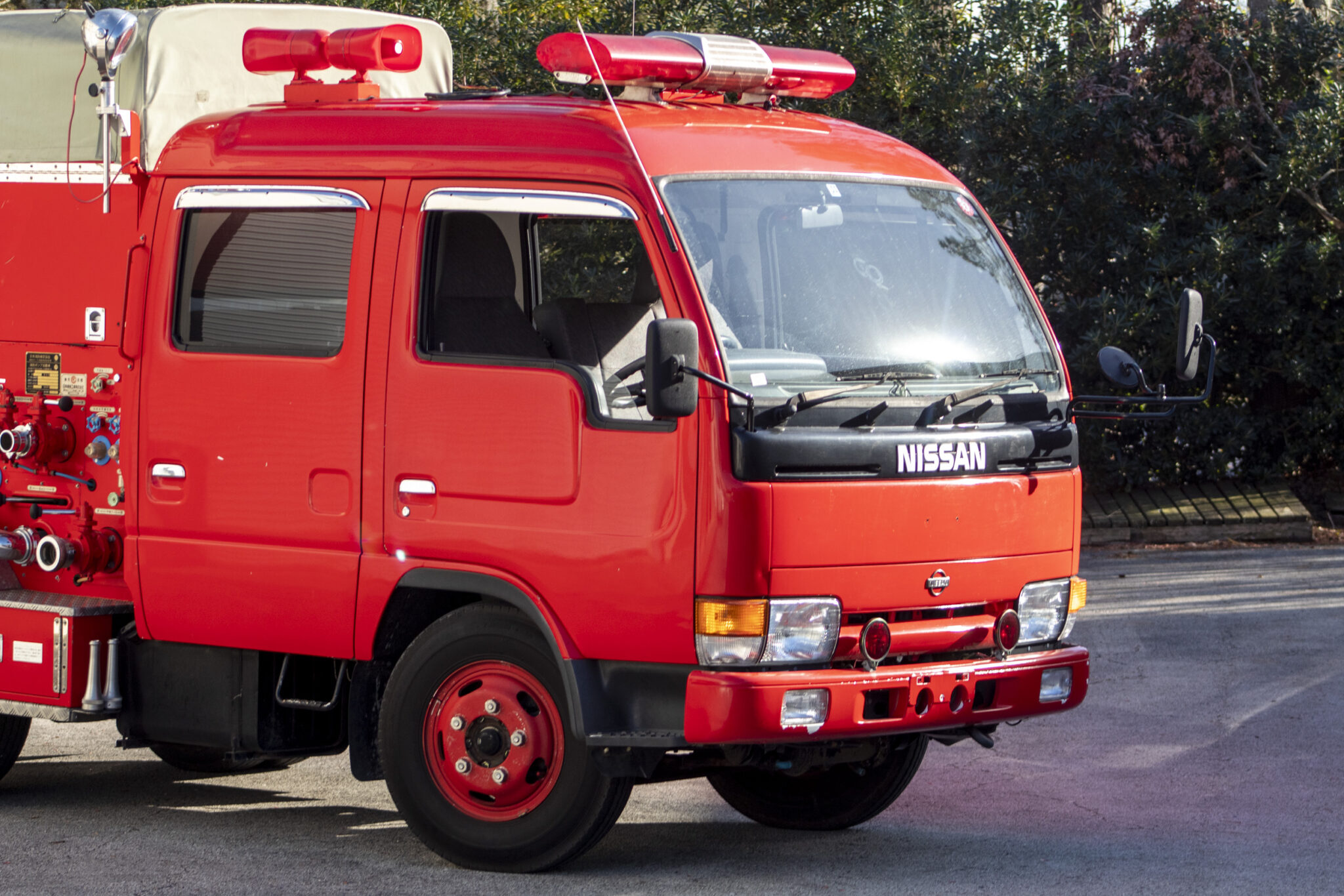
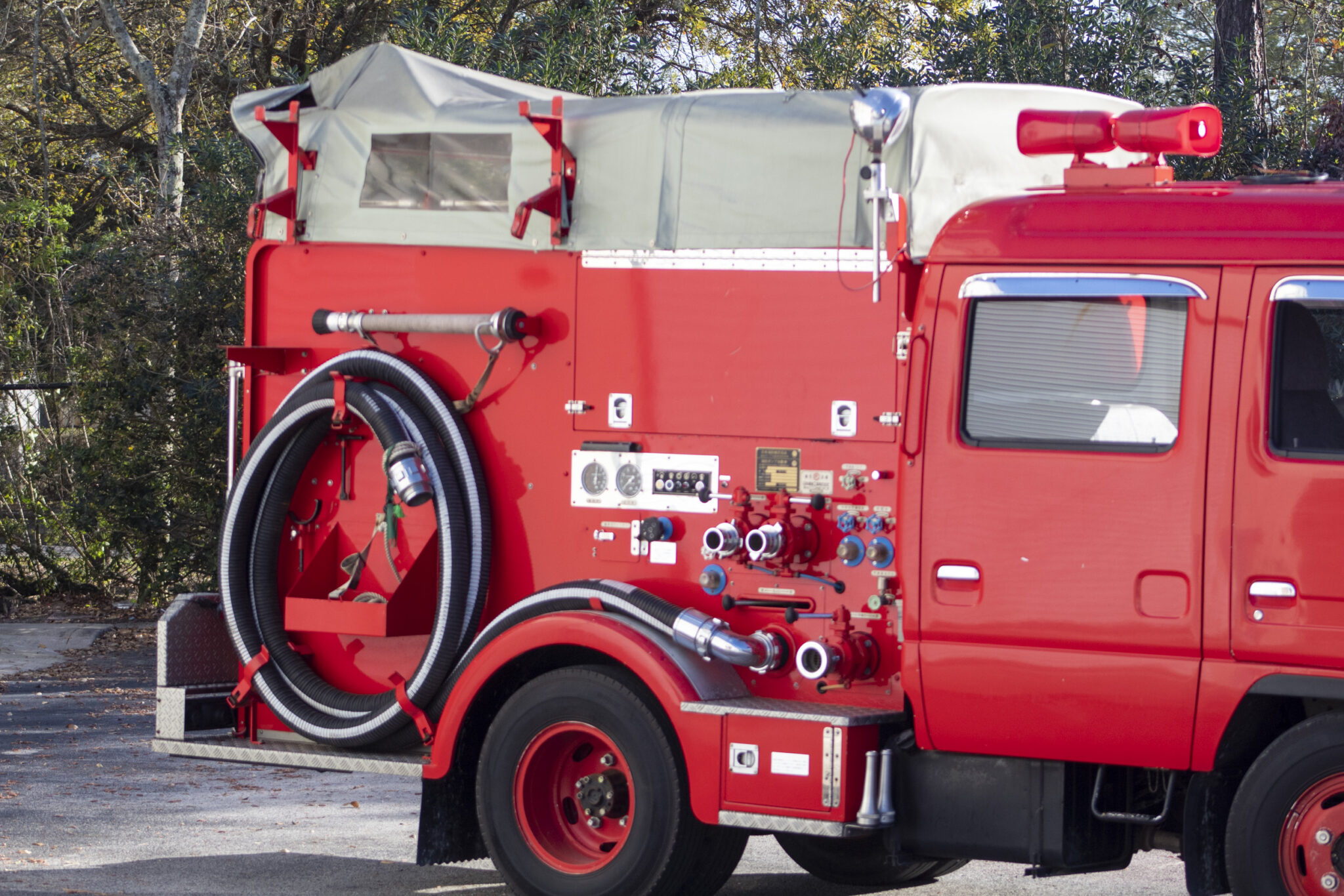
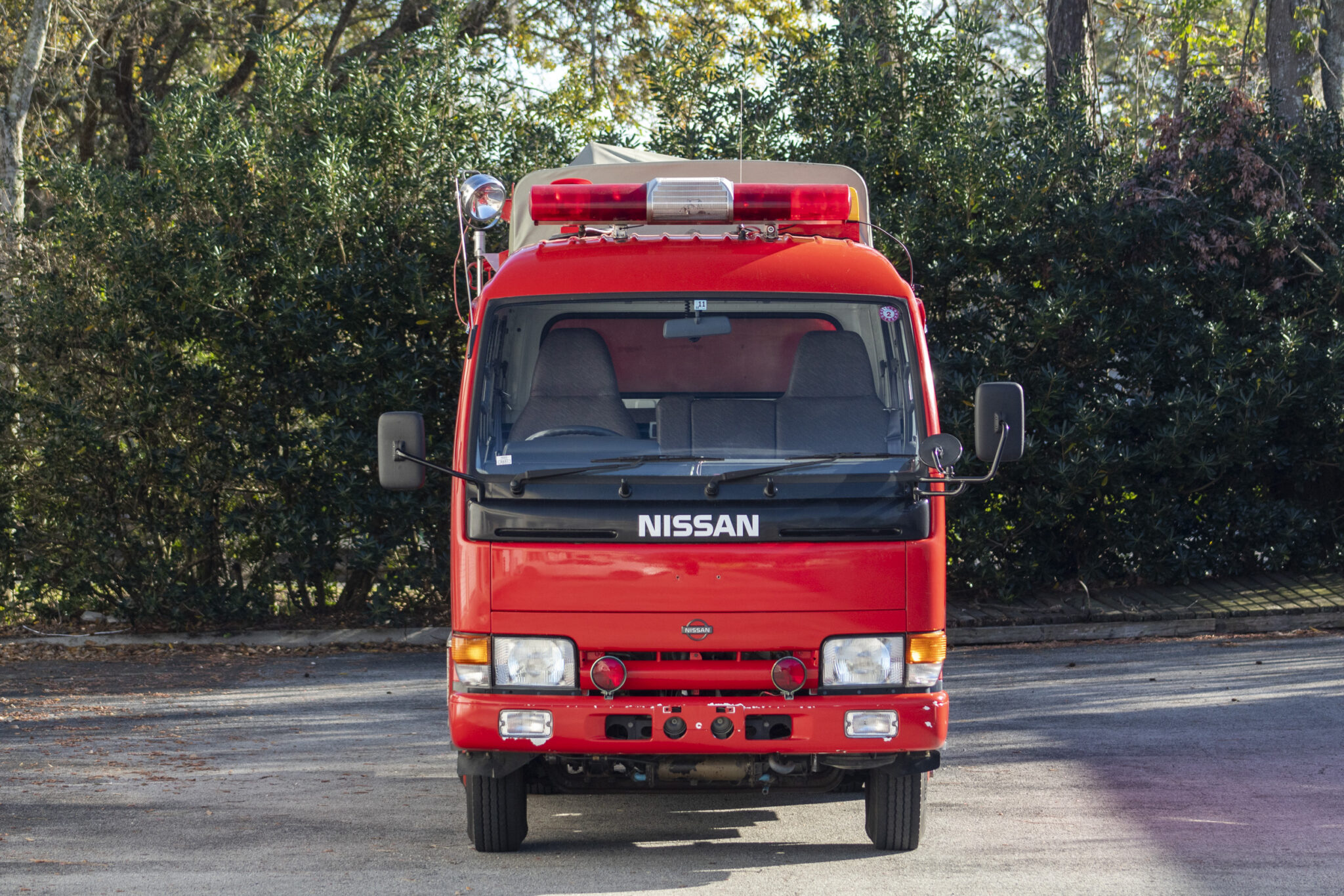
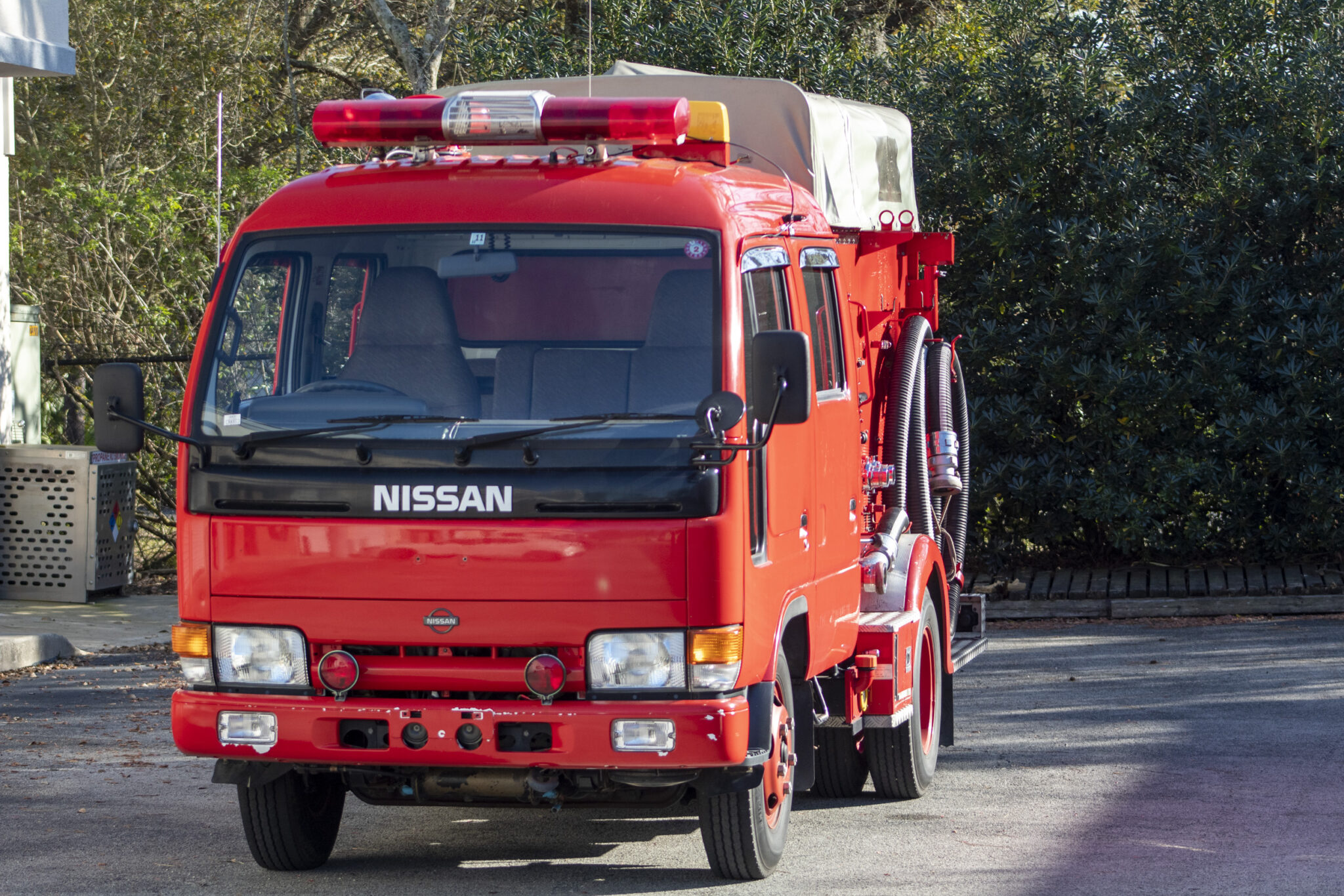
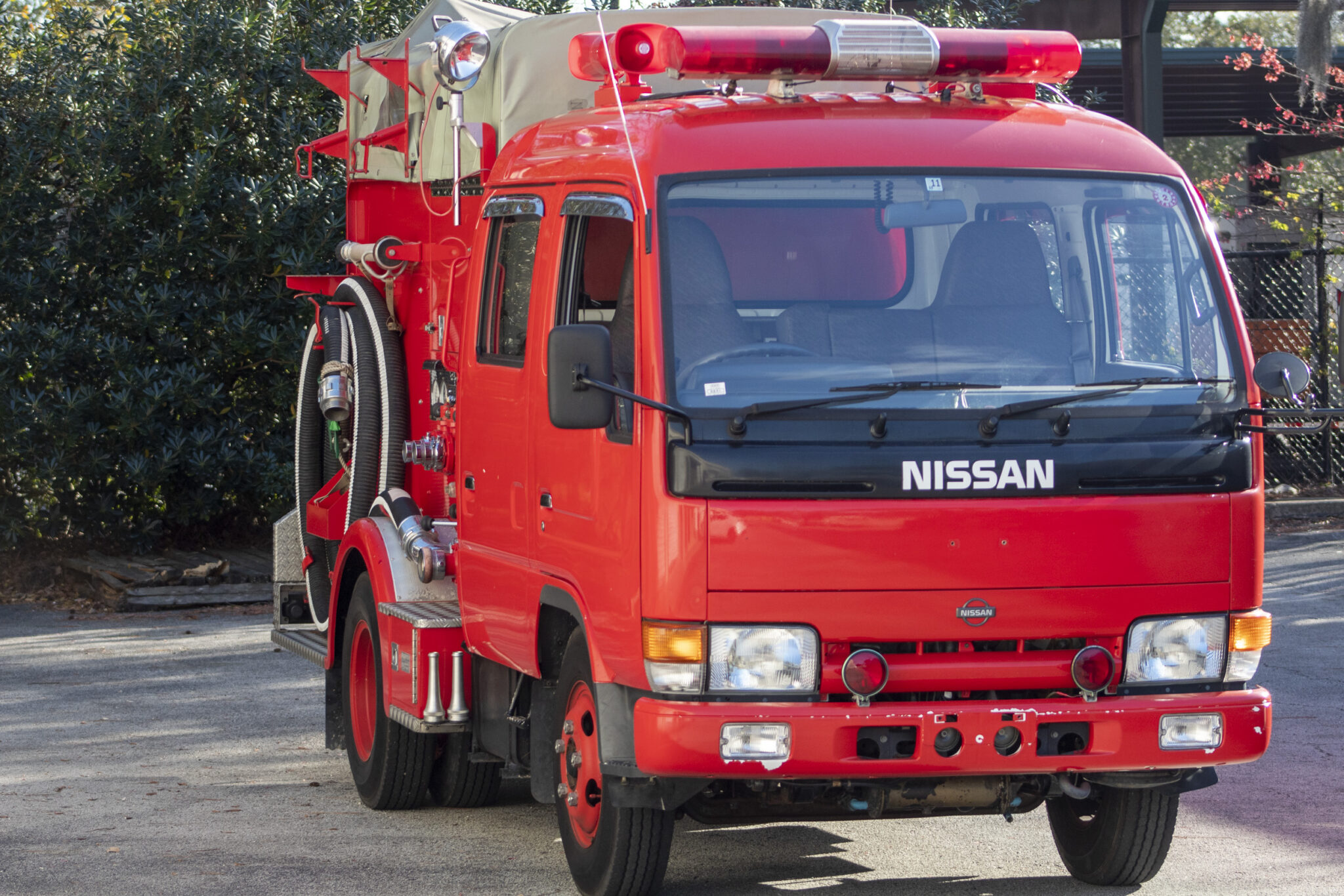
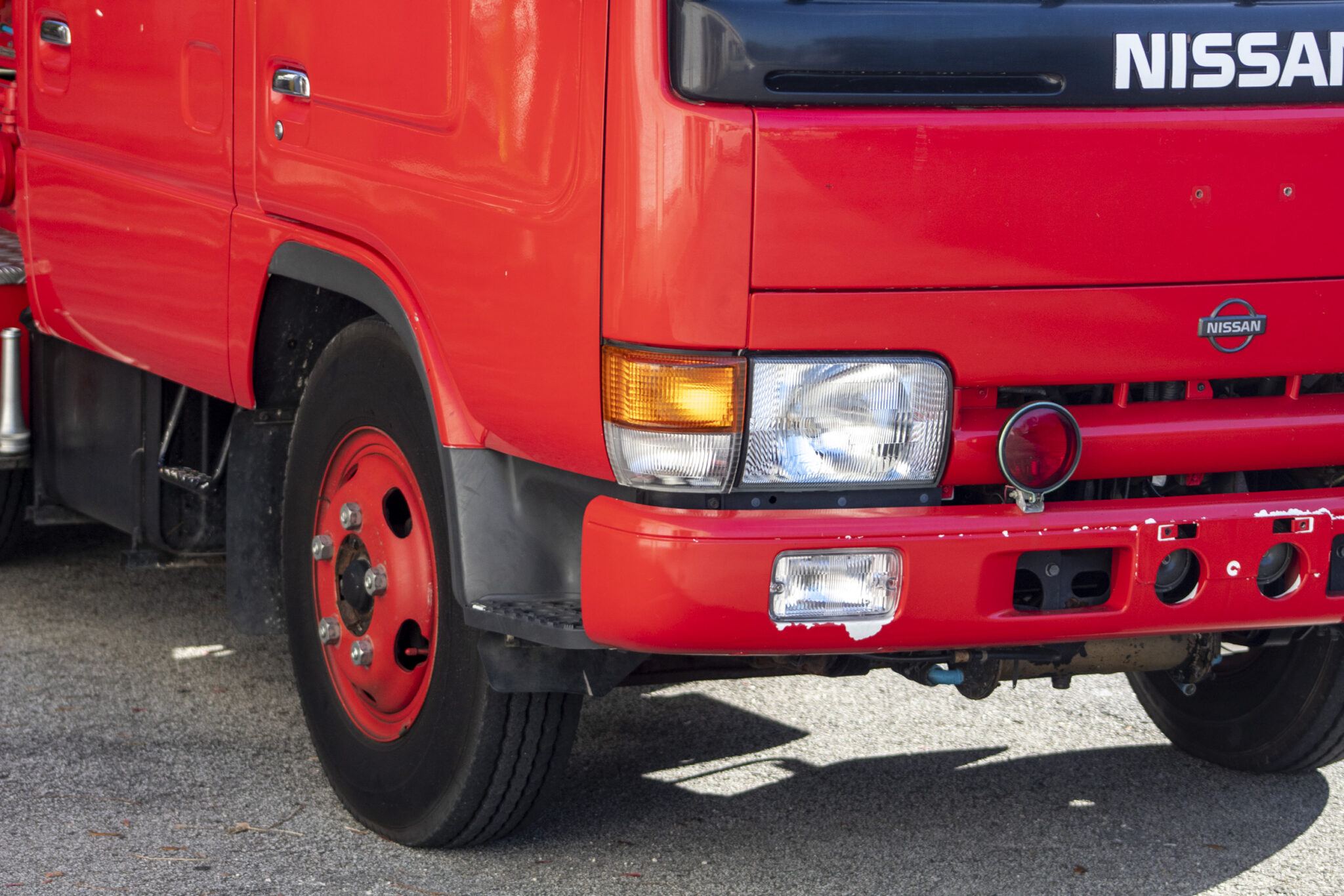

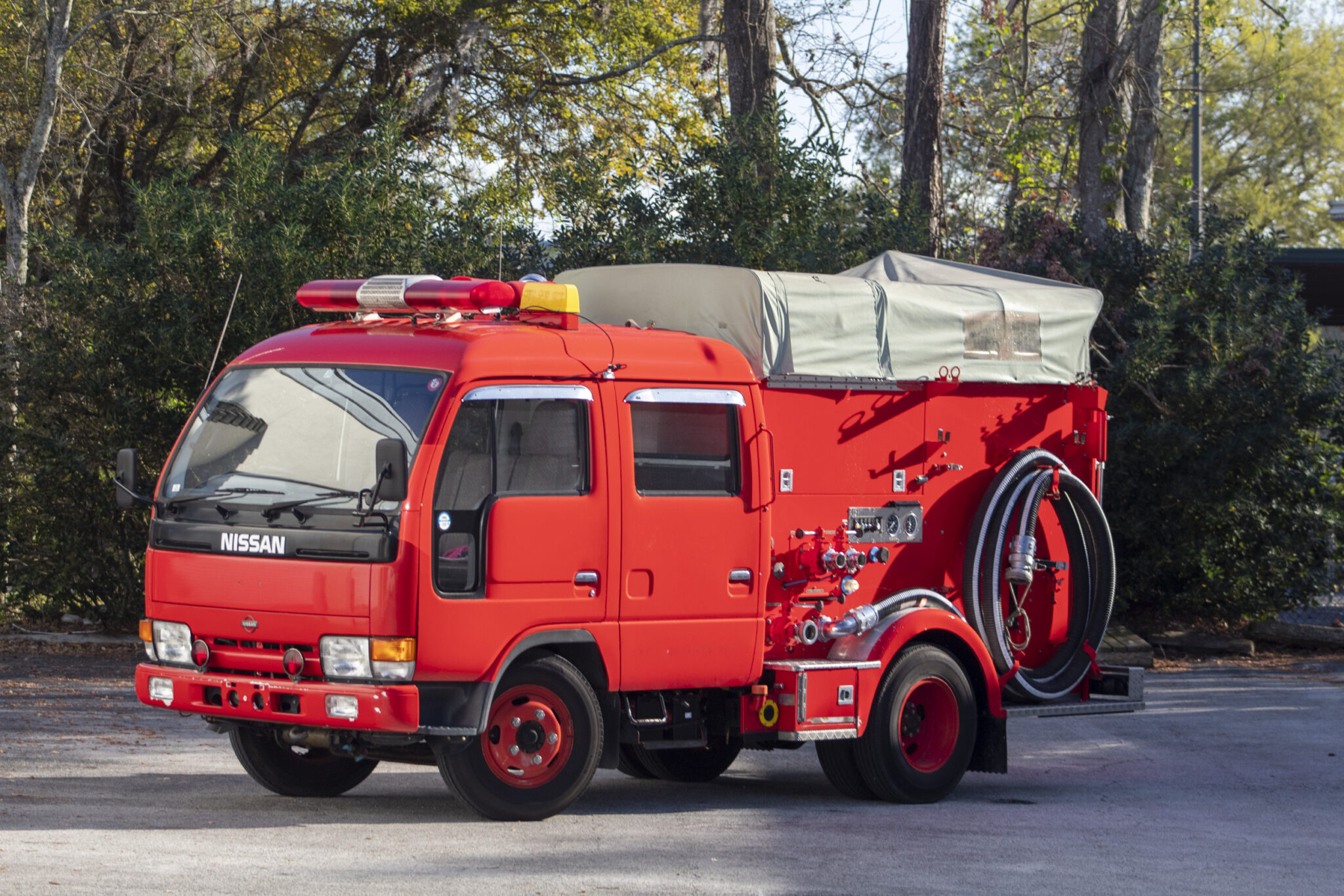
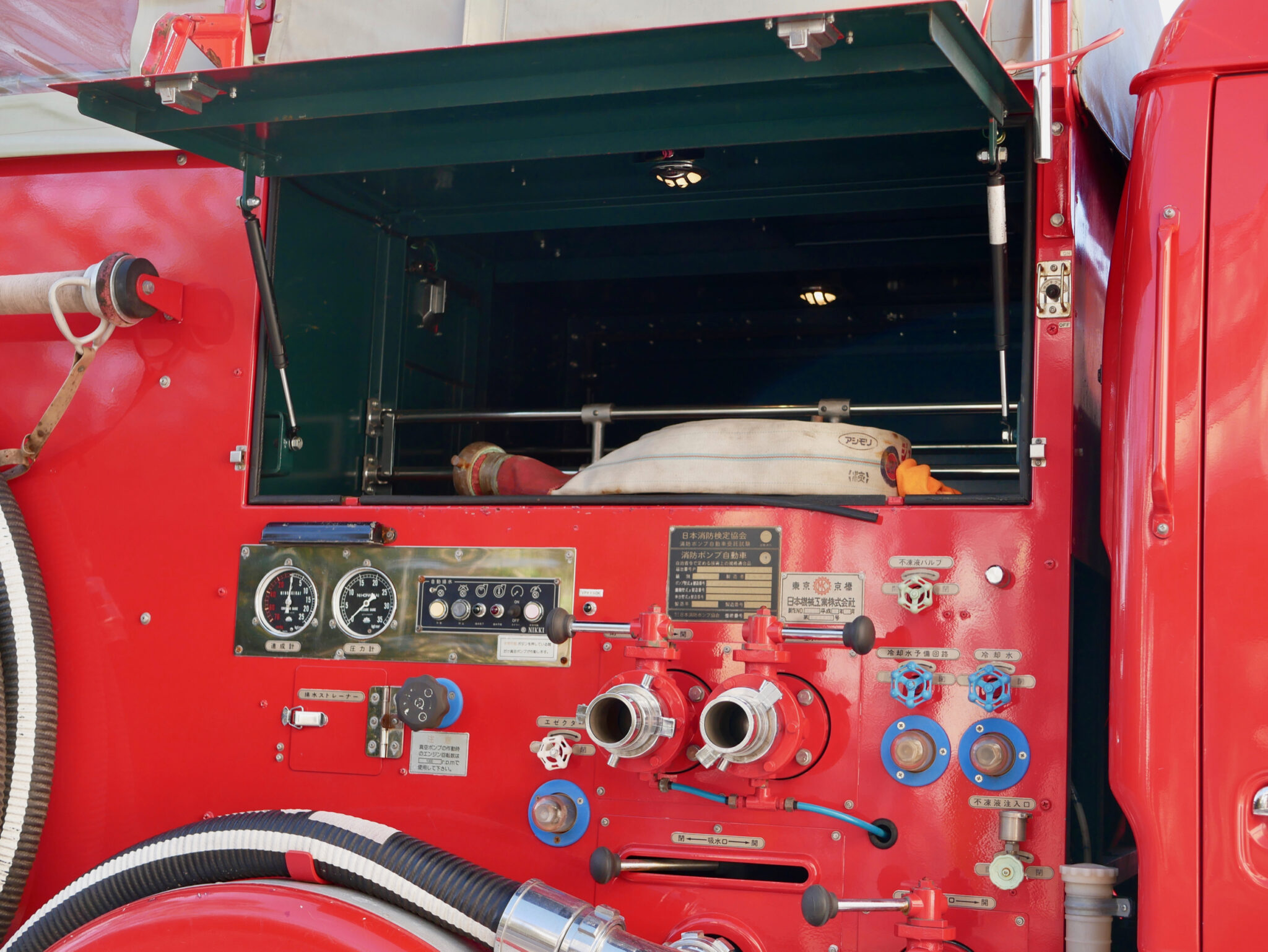
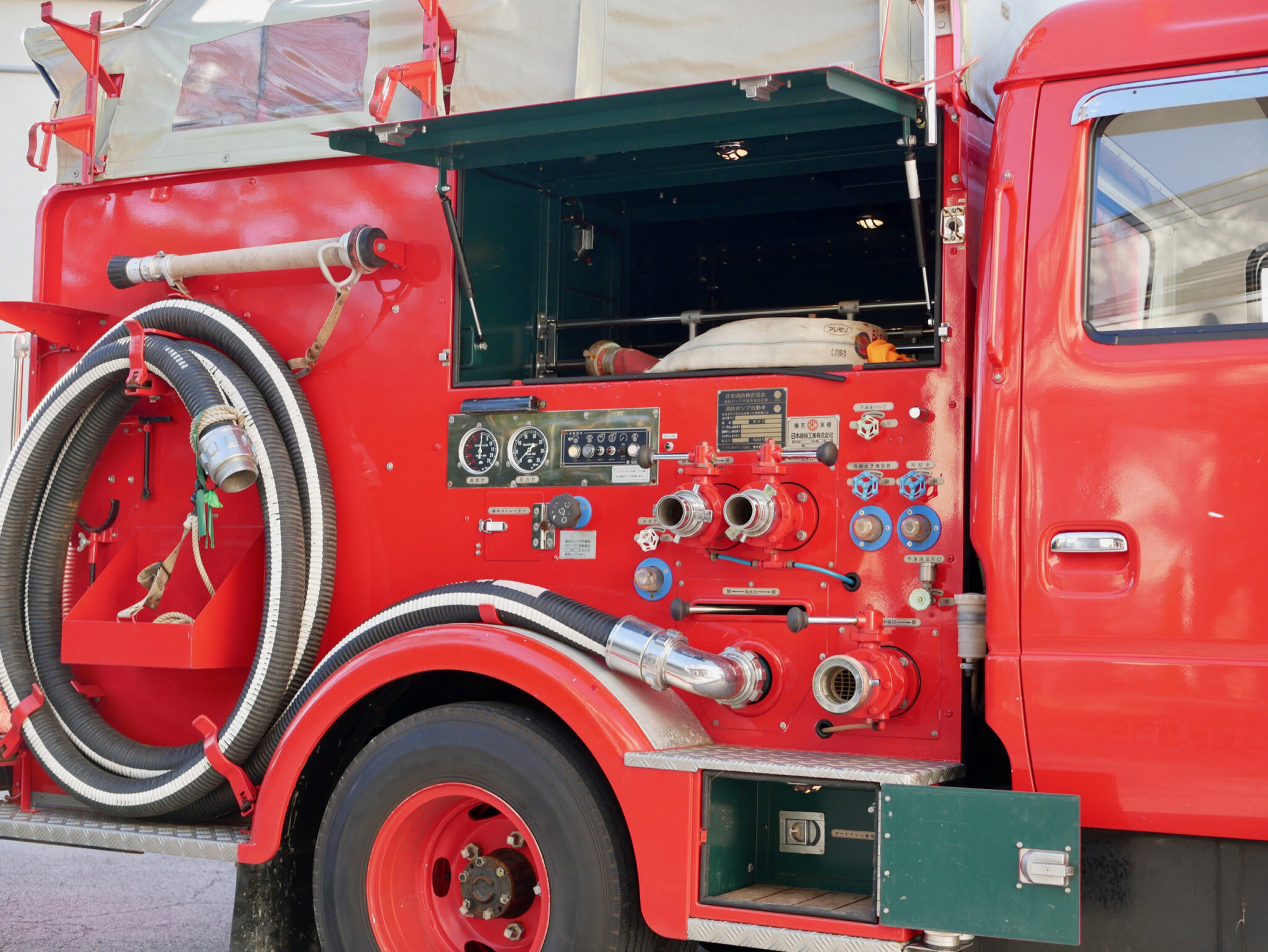
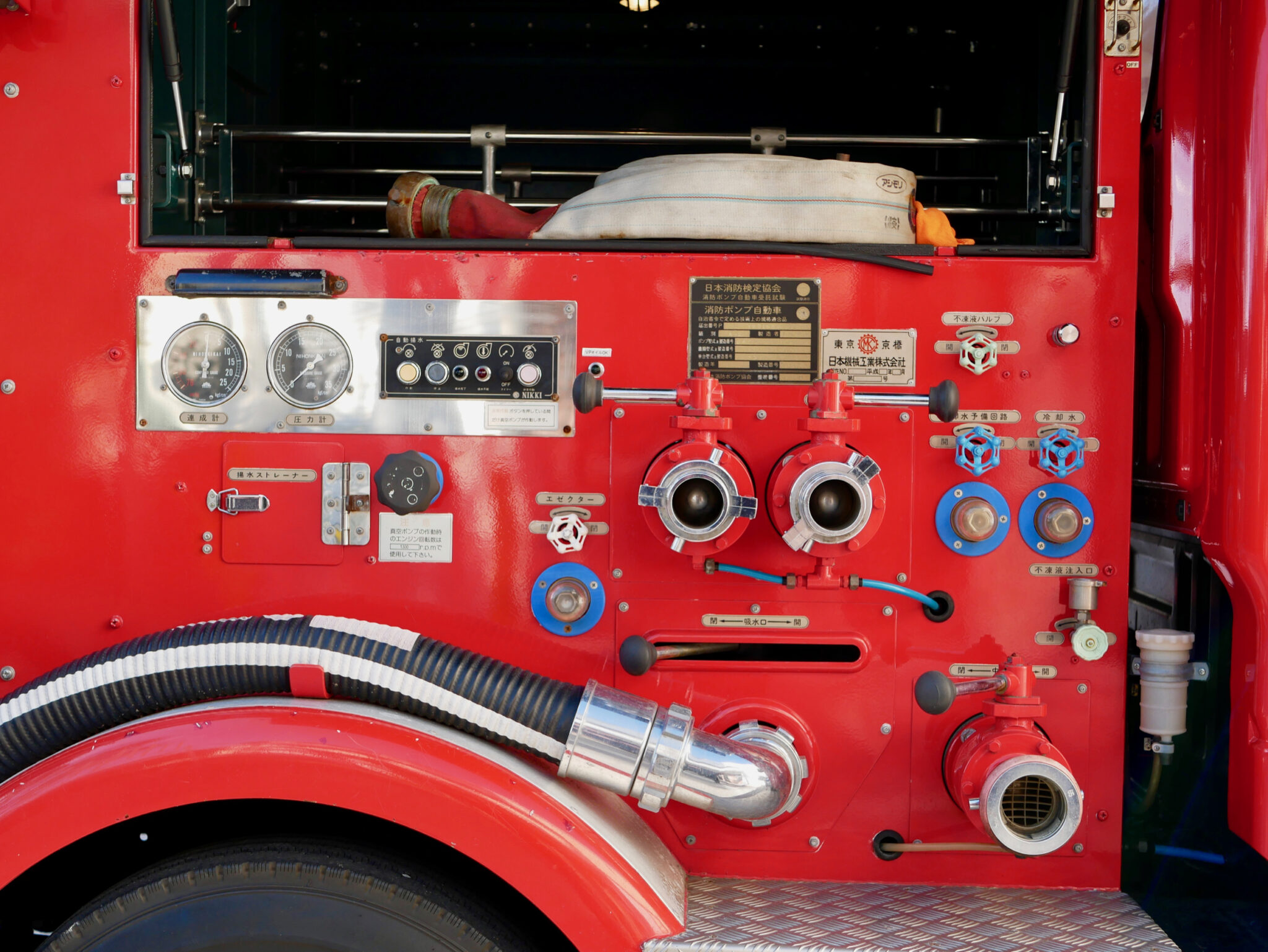
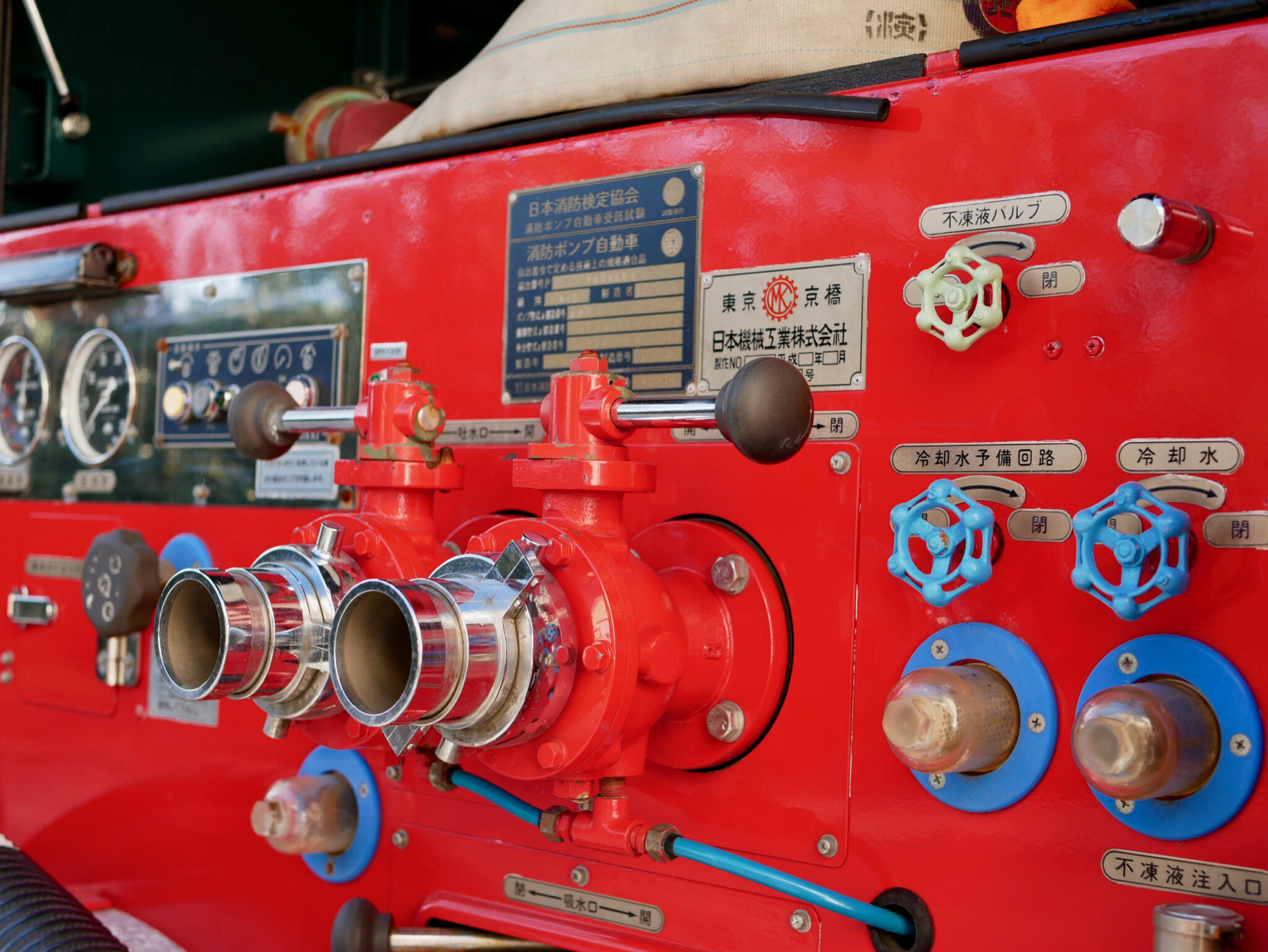
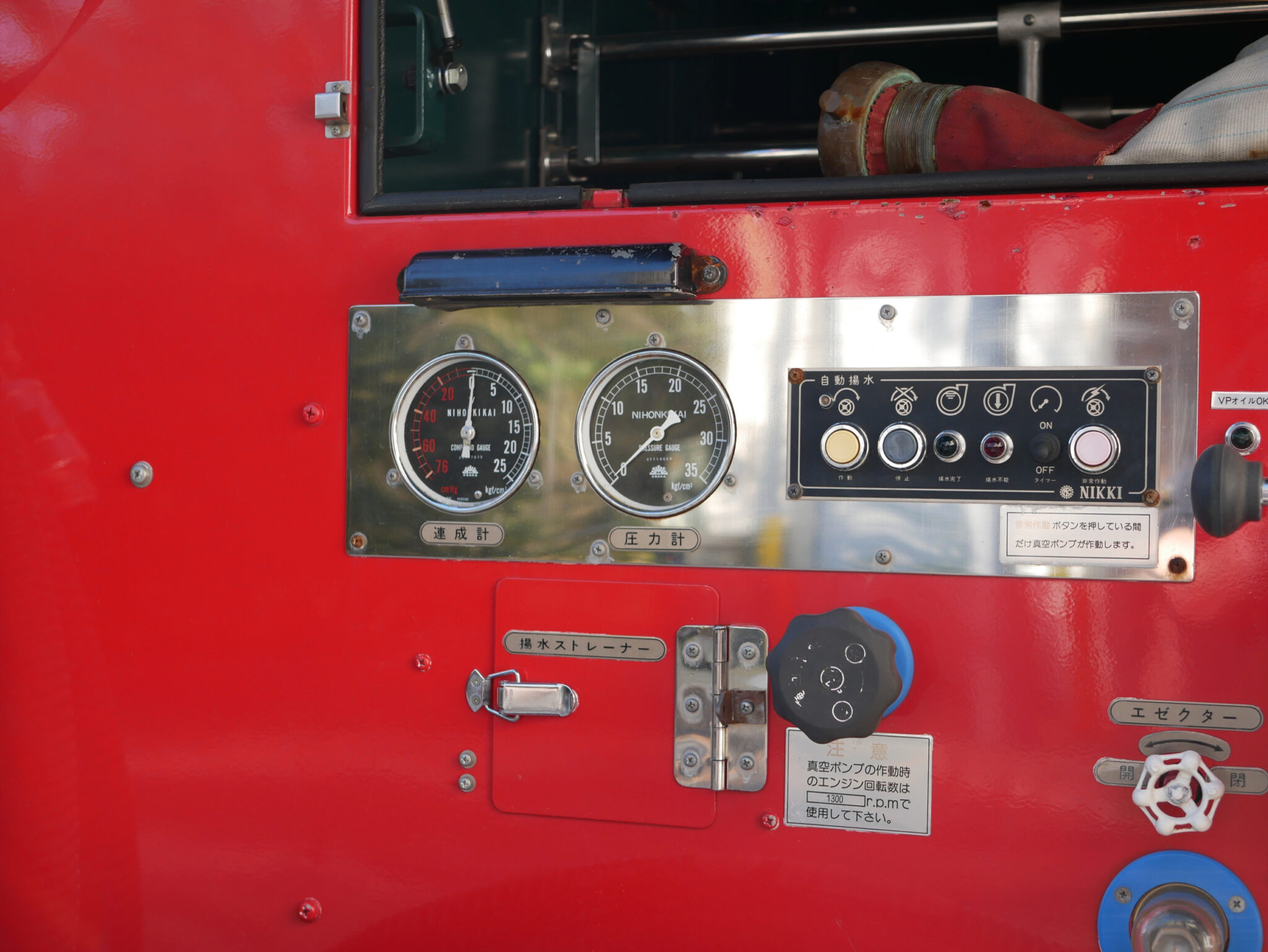
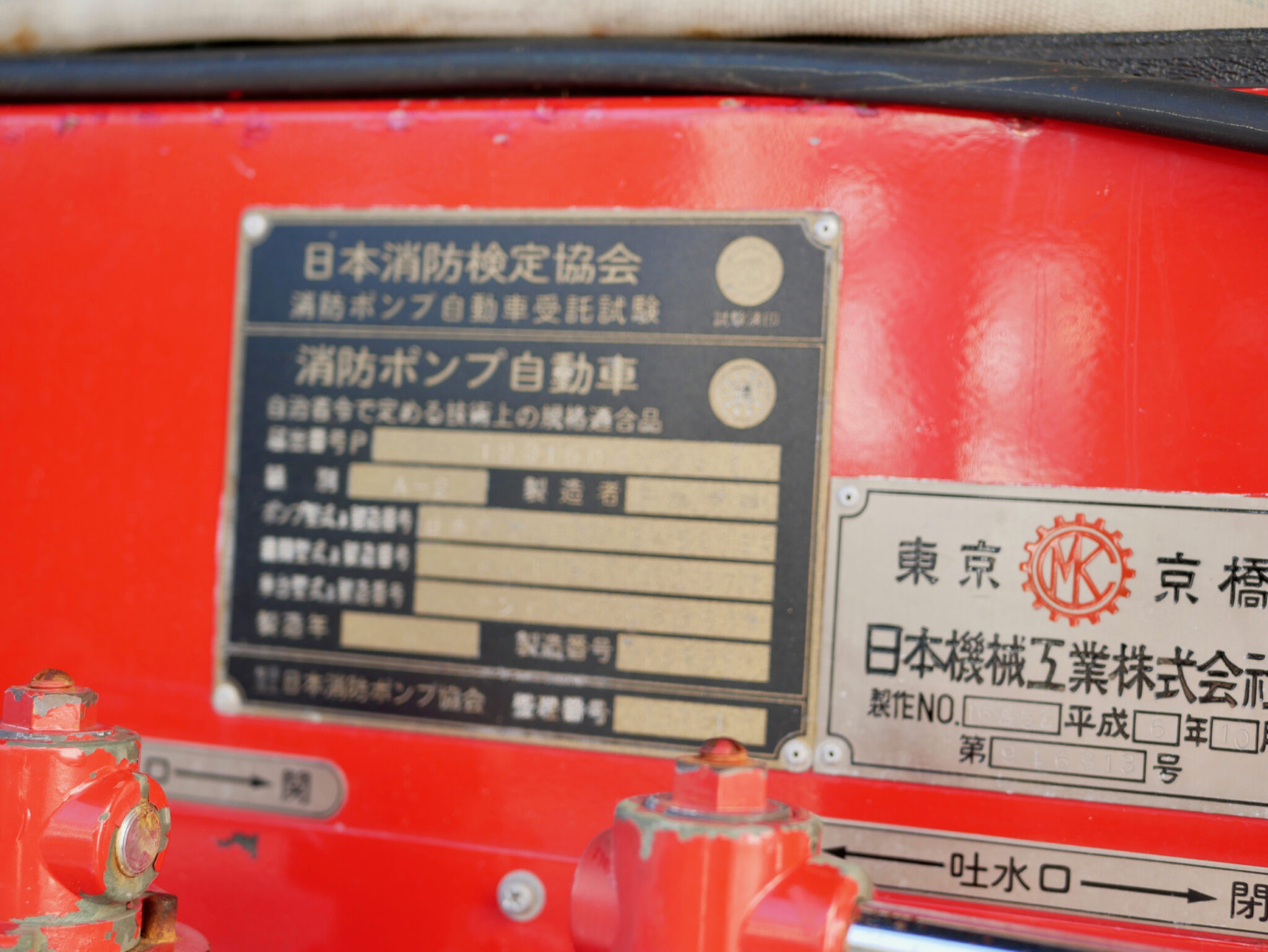
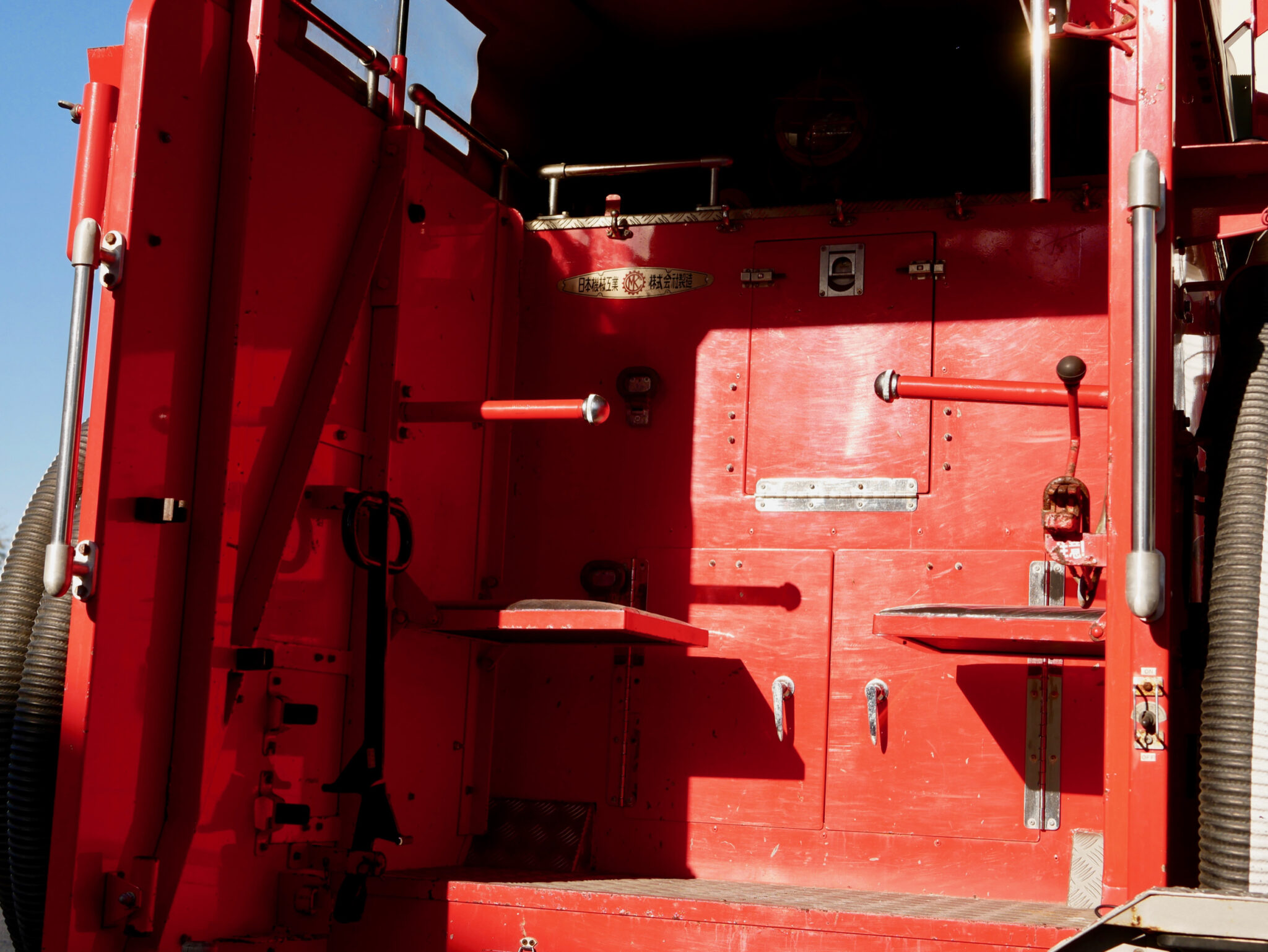
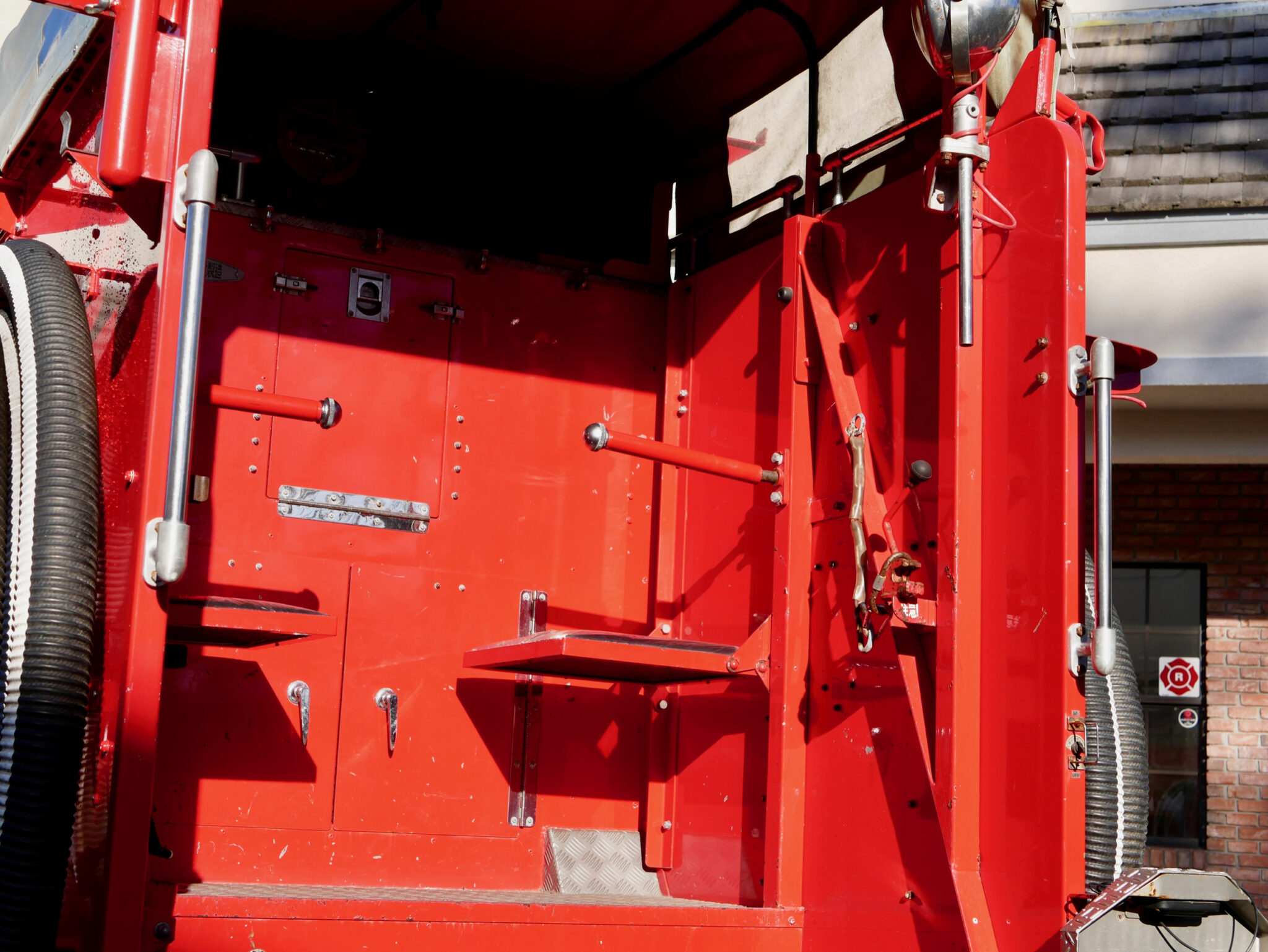
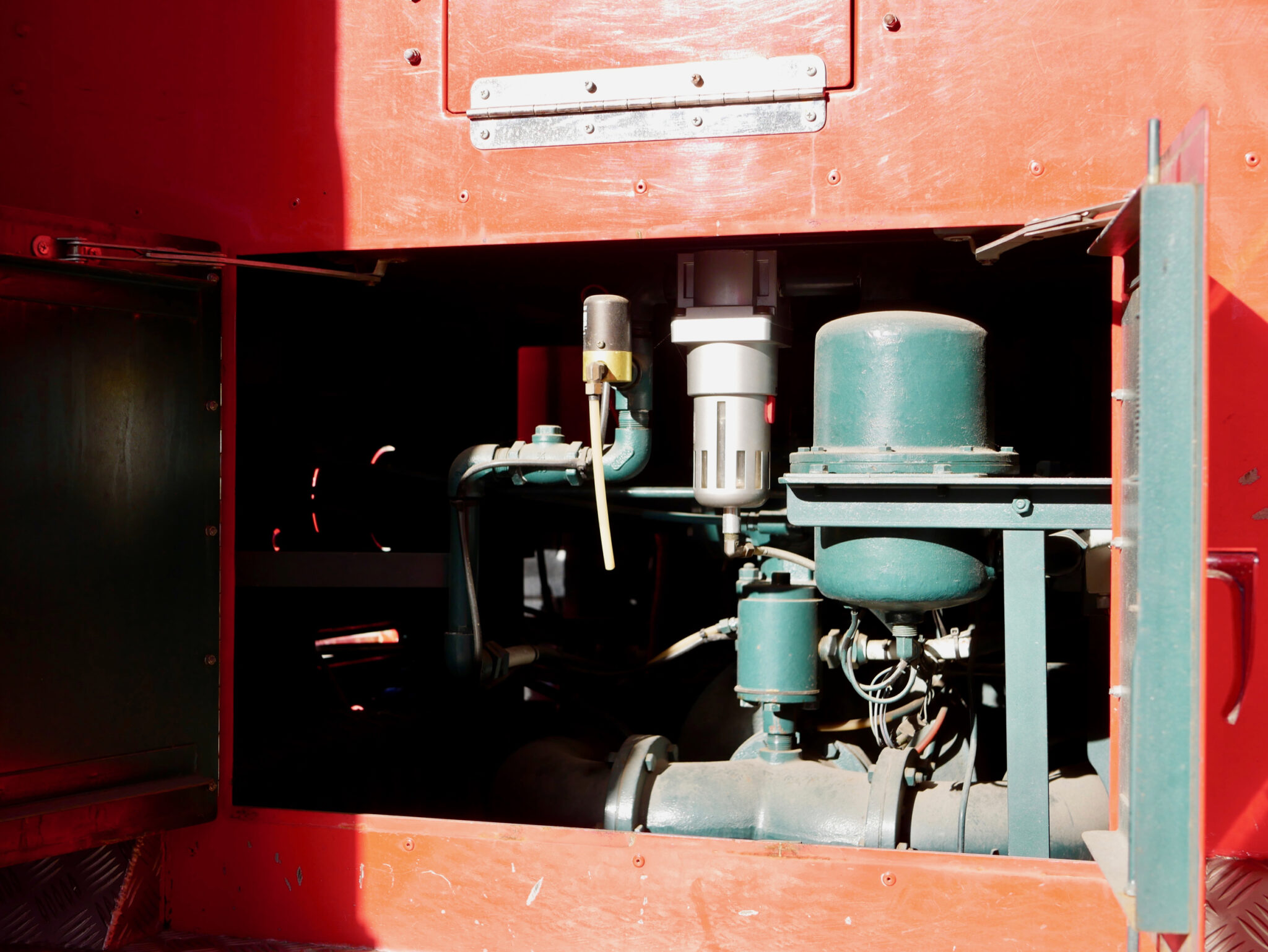
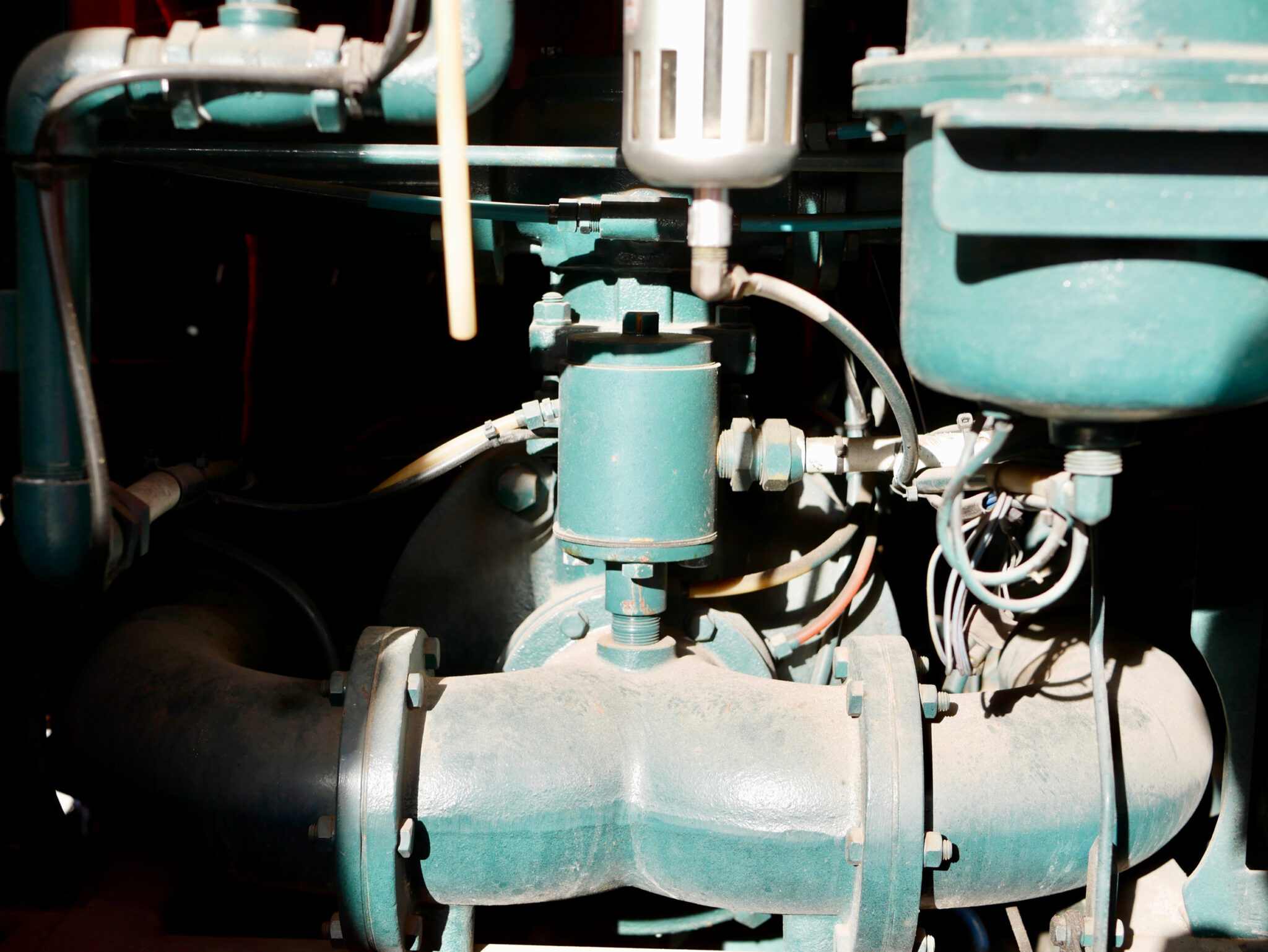
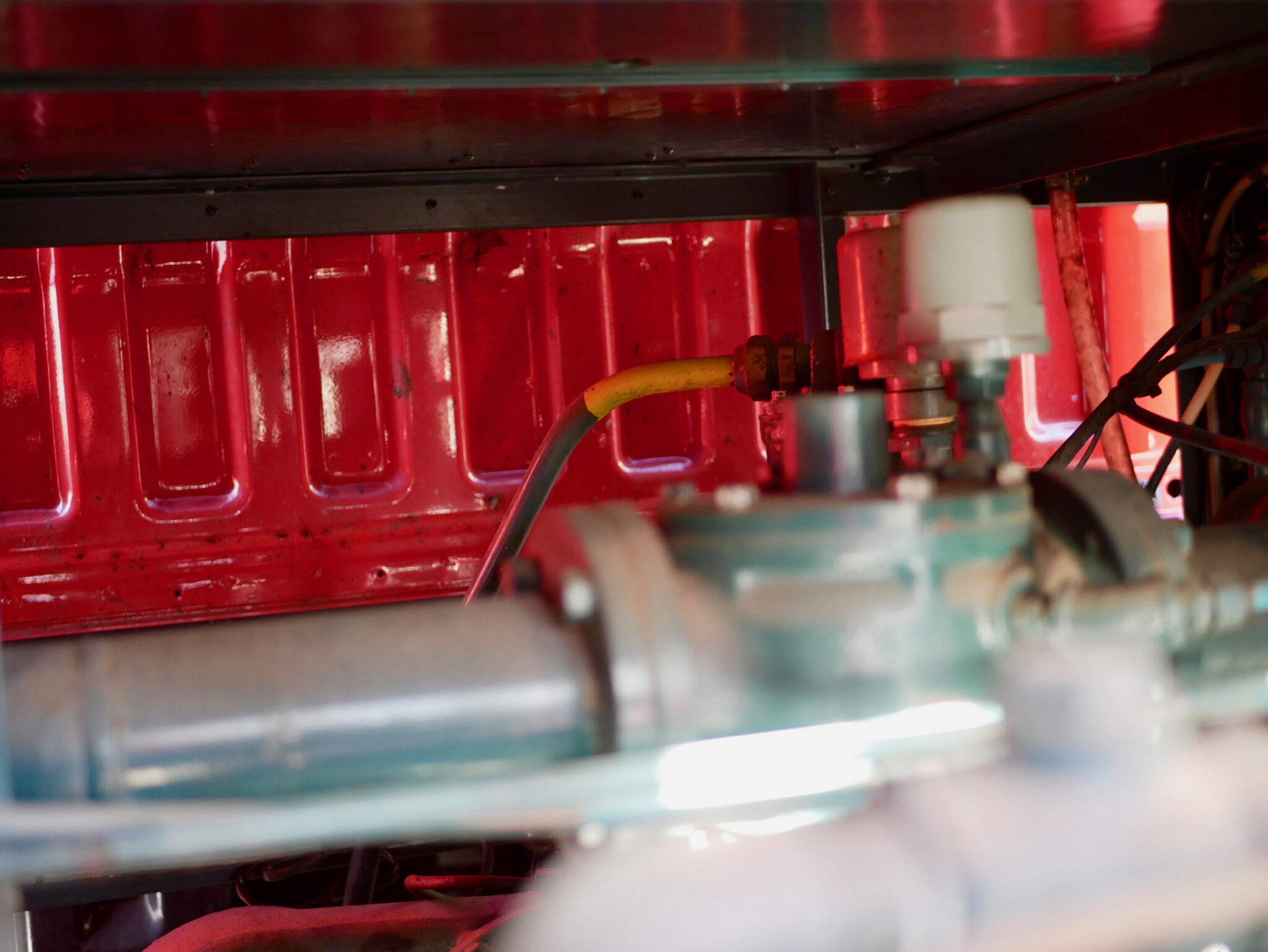
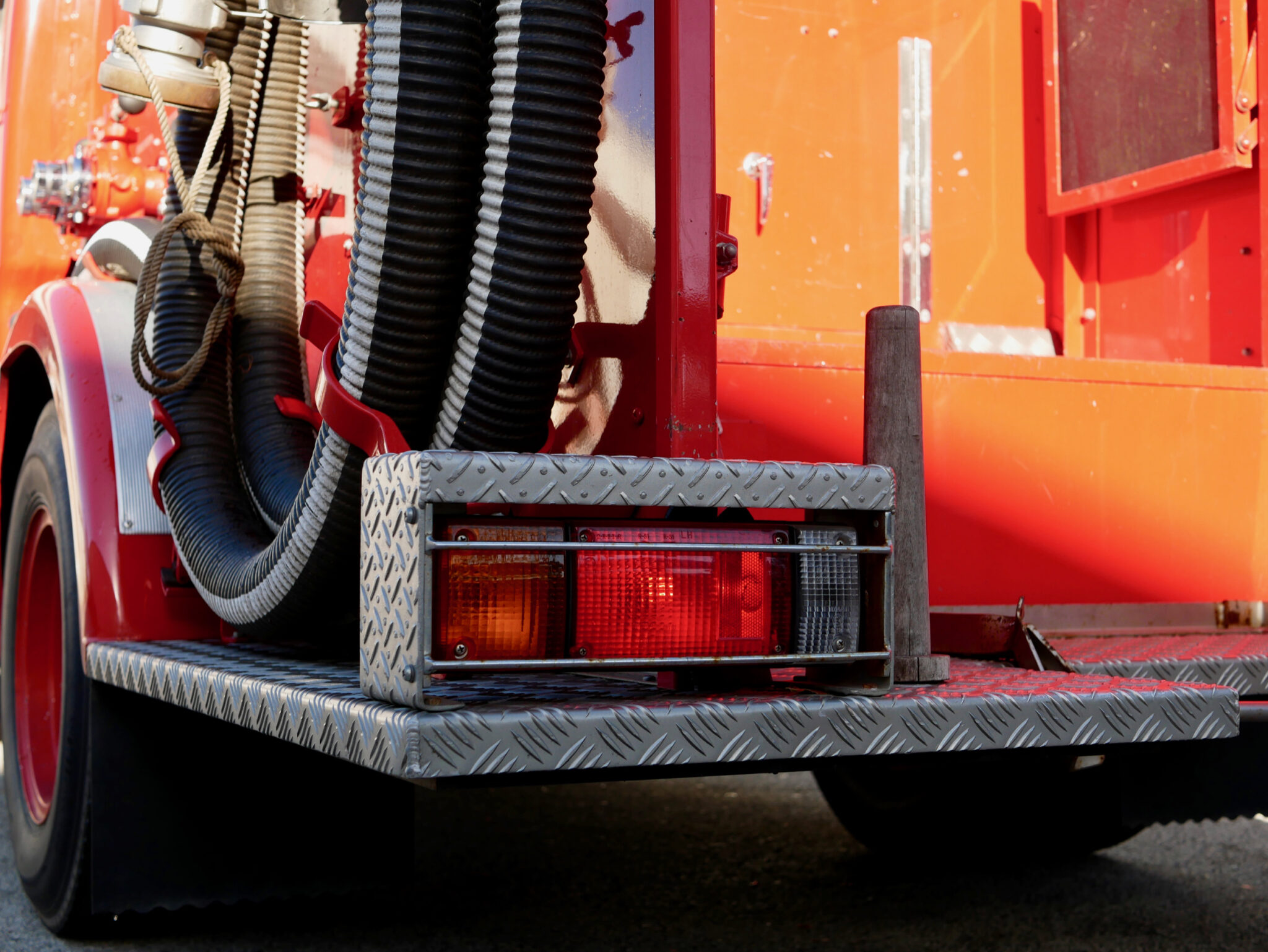

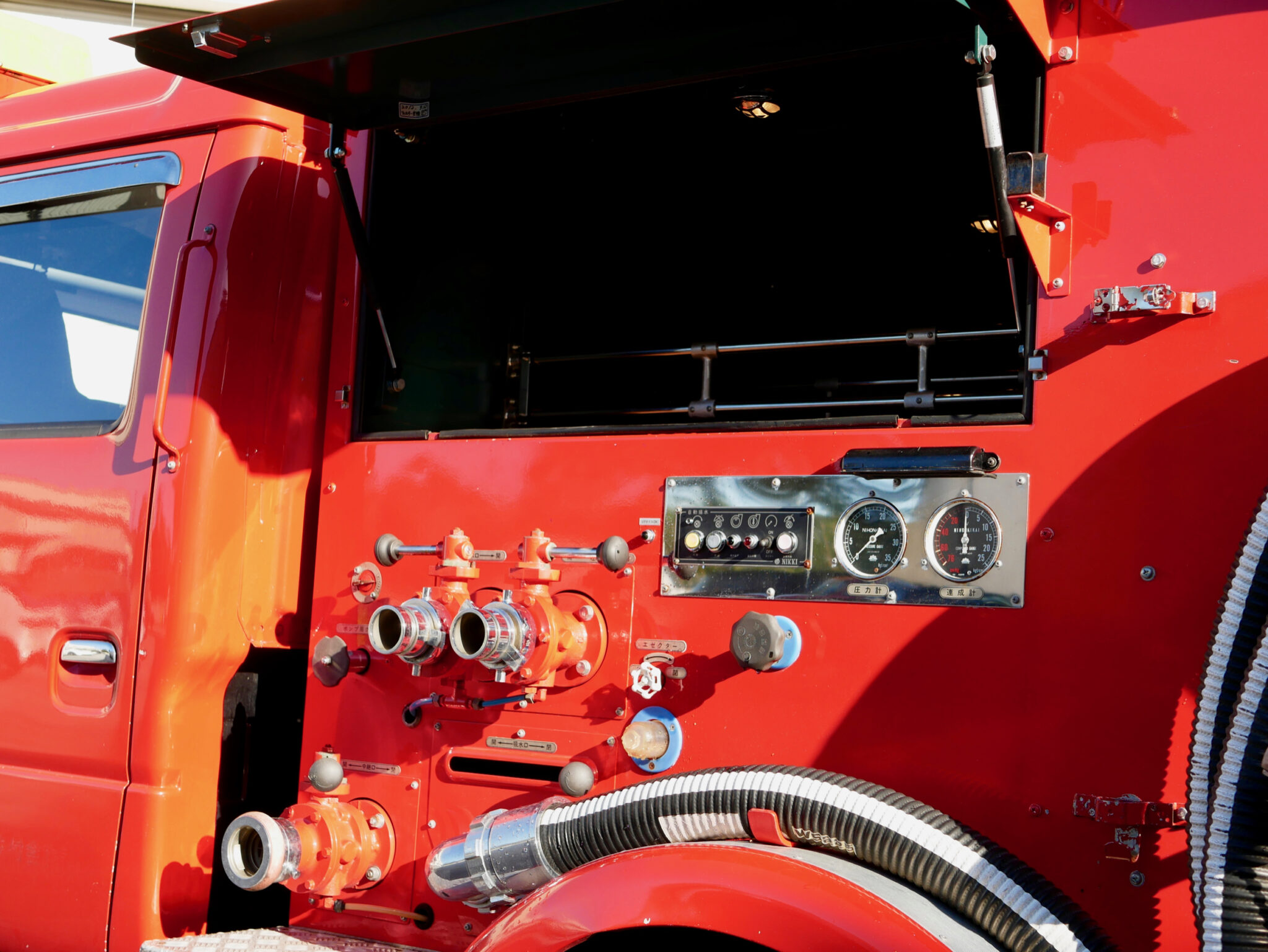
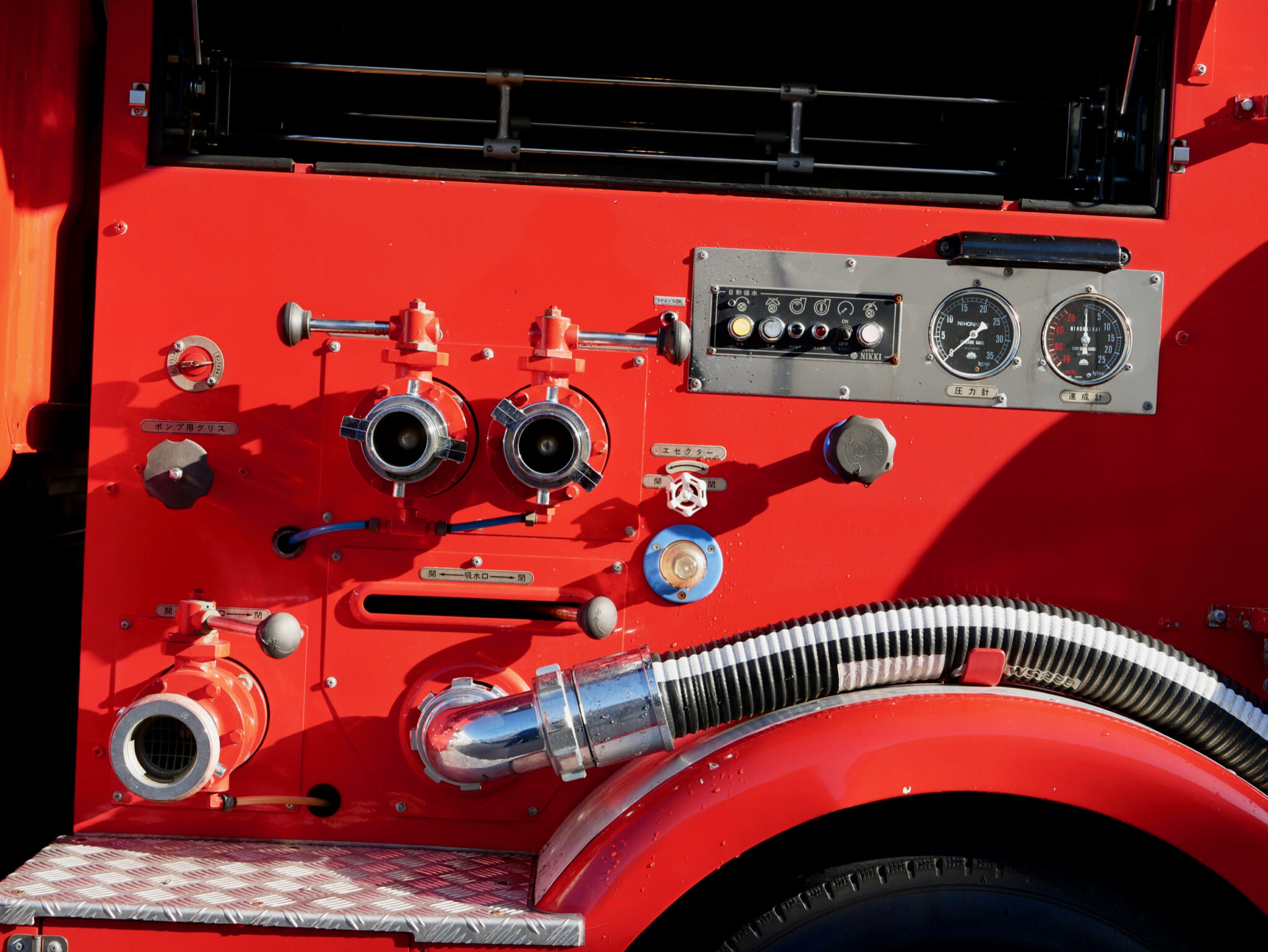
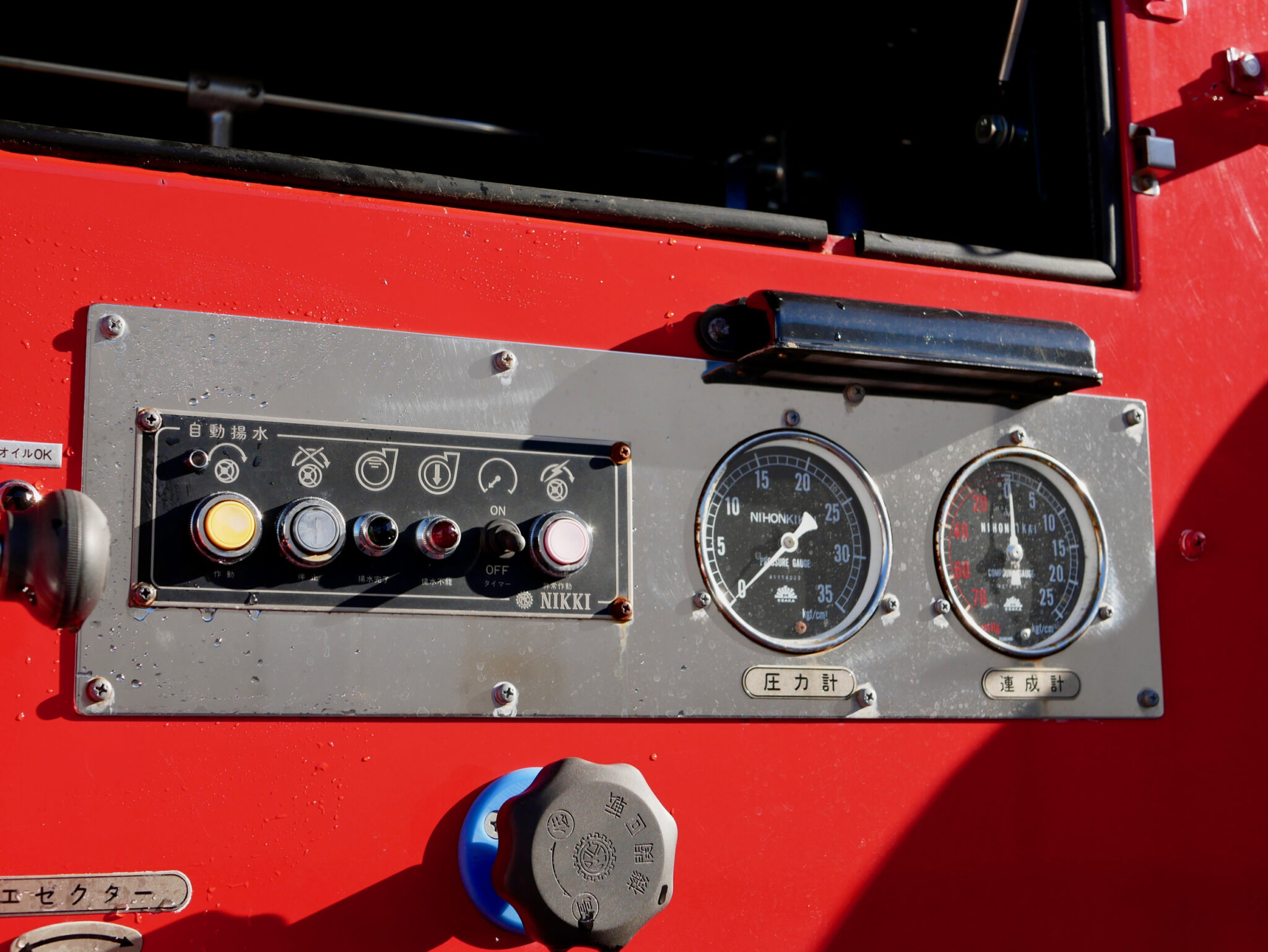
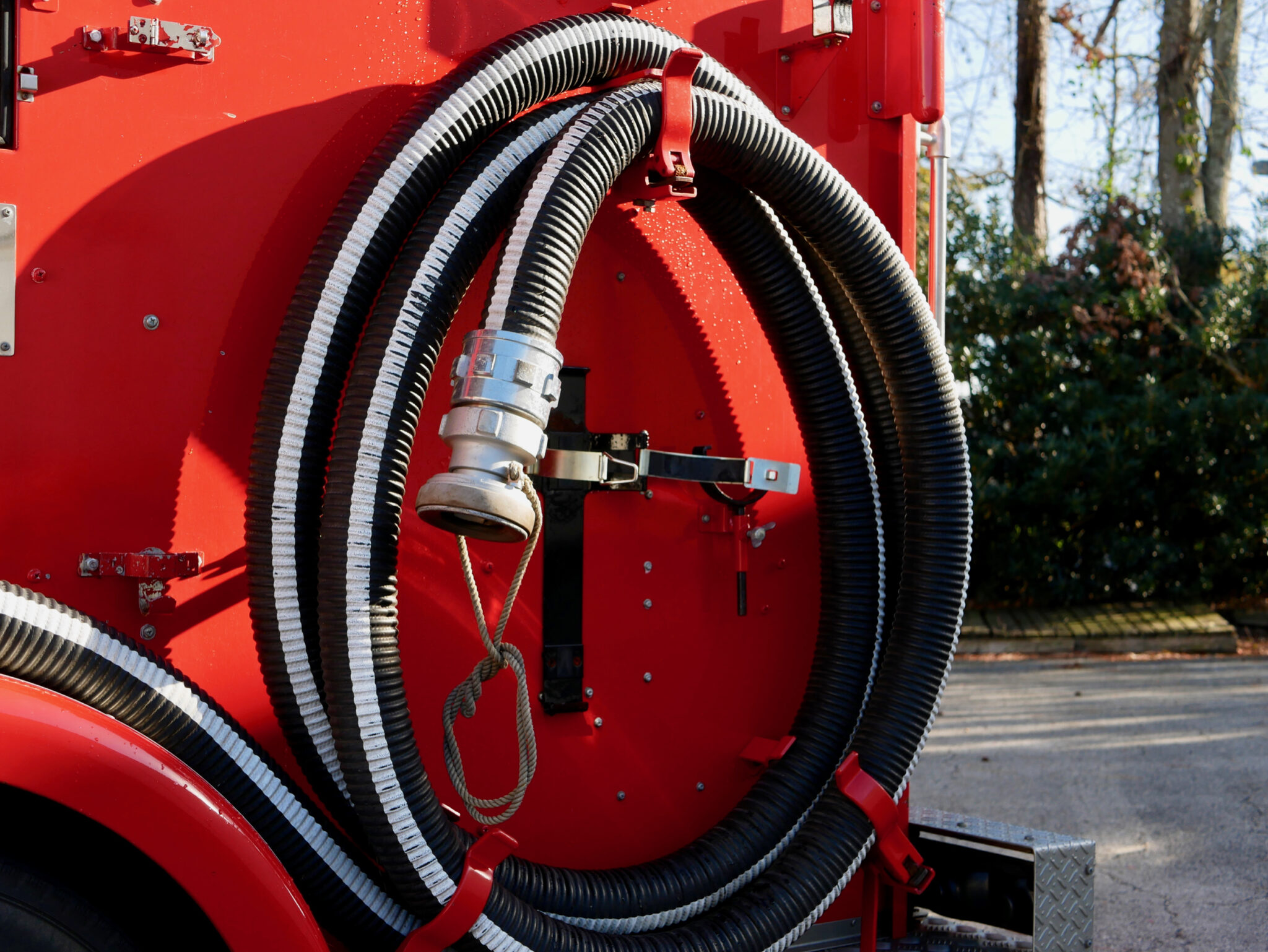
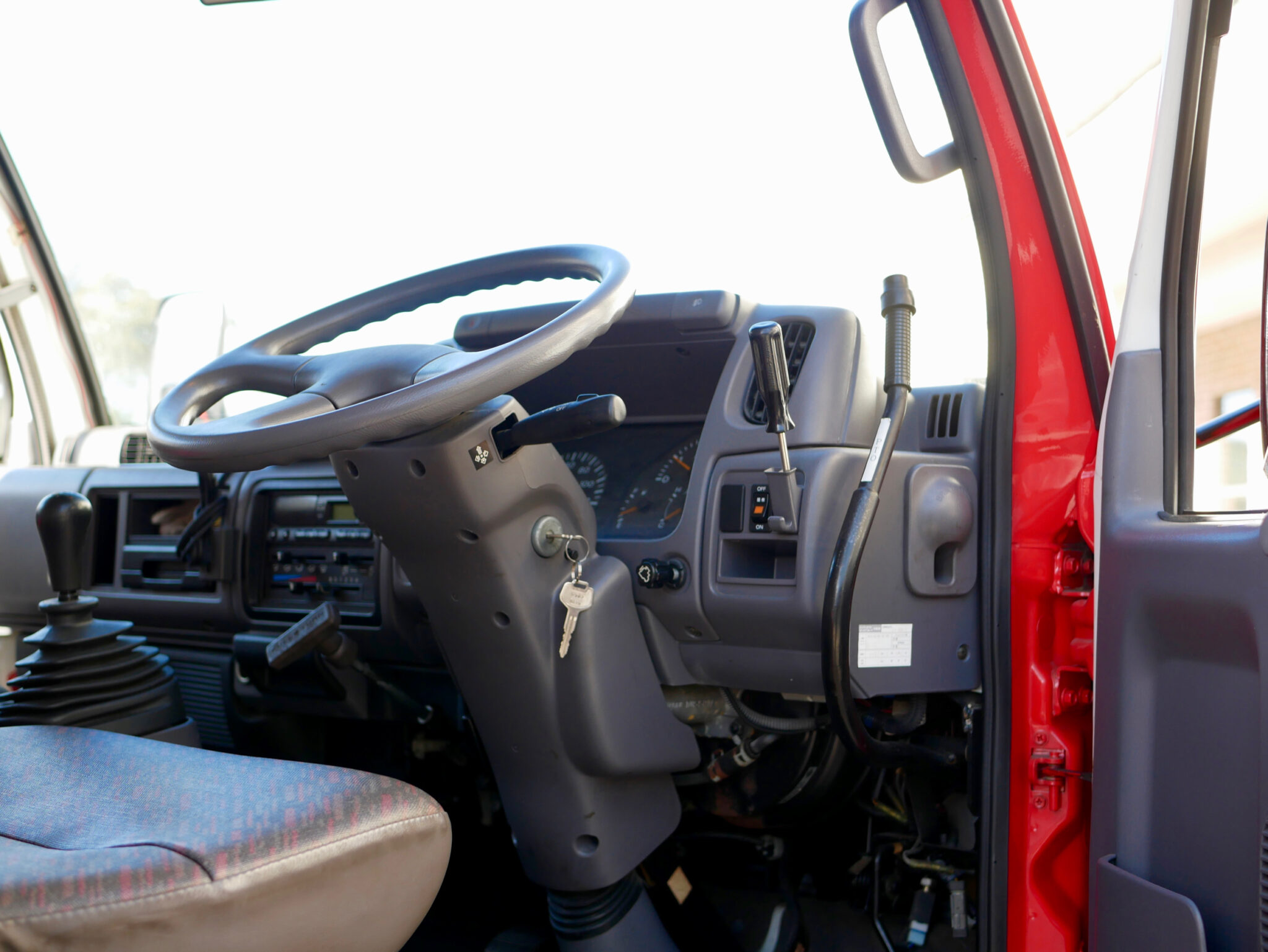
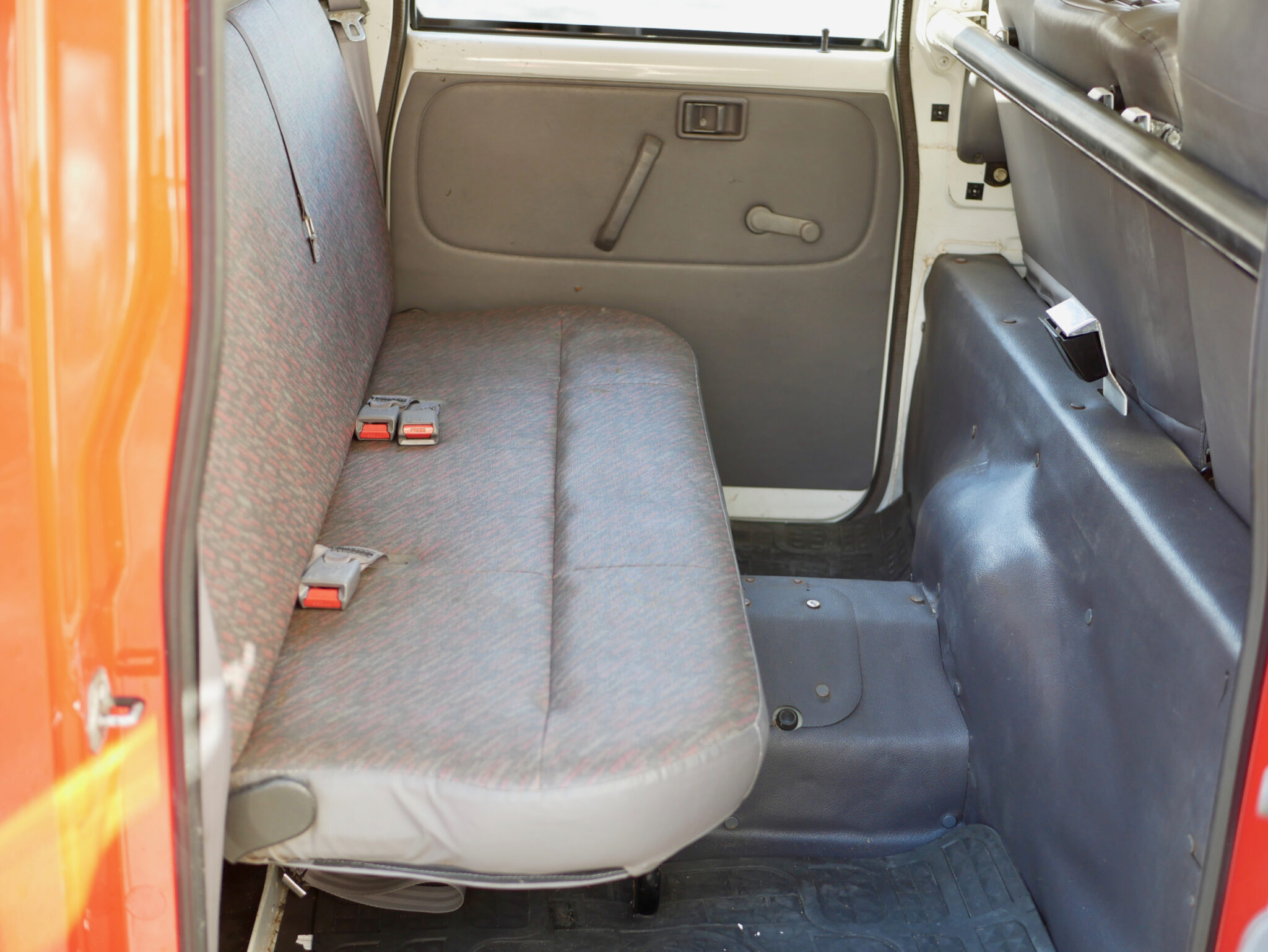
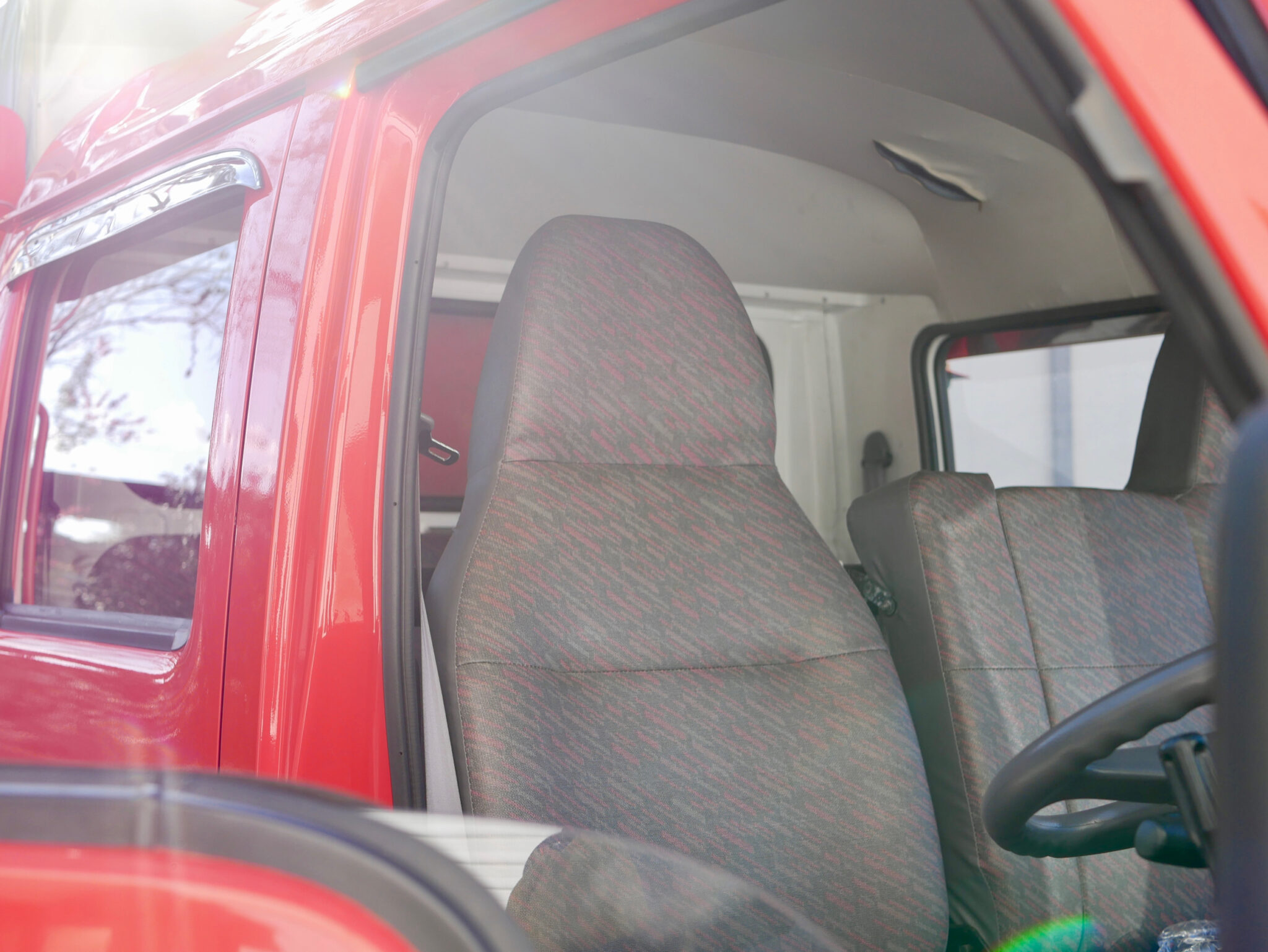

Inquire
Contact us today, with any questions you may have.
-
2375 SAINT JOHNS BLUFF RD S. SUITE 305
JACKSONVILLE, FLORIDA 32246
Contact
- (904) - 999 - 8291
- contact@powersmotorsports.net